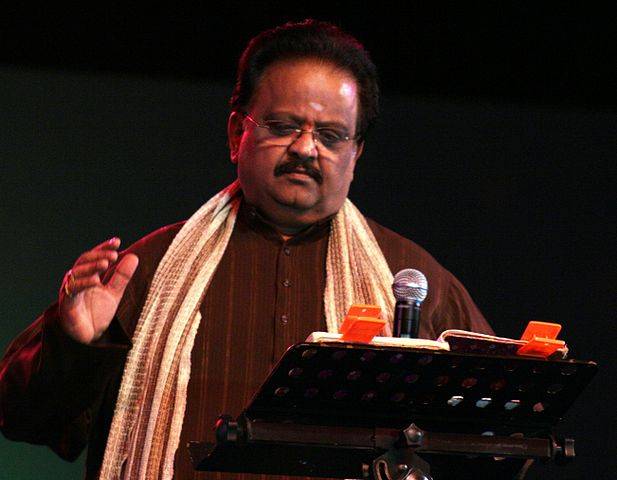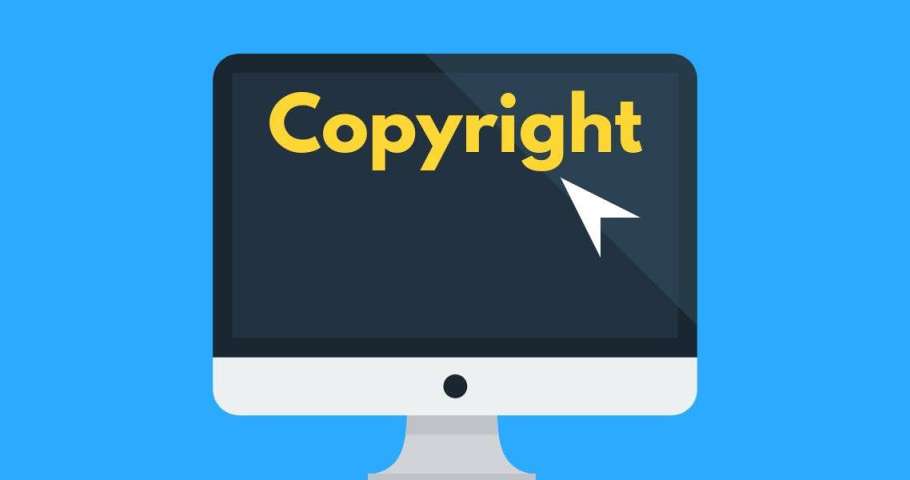Prashant's recent post on Copyright Societies in India is lucid and instructive like many of his other writings. You may read his post and those related to it on Spicy IP, and may also consider going through the chapter in the book he references. The phrase "Defacto Copyright Societies" he uses in his post caught my attention, and therefore, this quick note.
In my opinion, the Copyright Amendment is more discriminatory than revolutionary. It gives undue importance and rights to…






